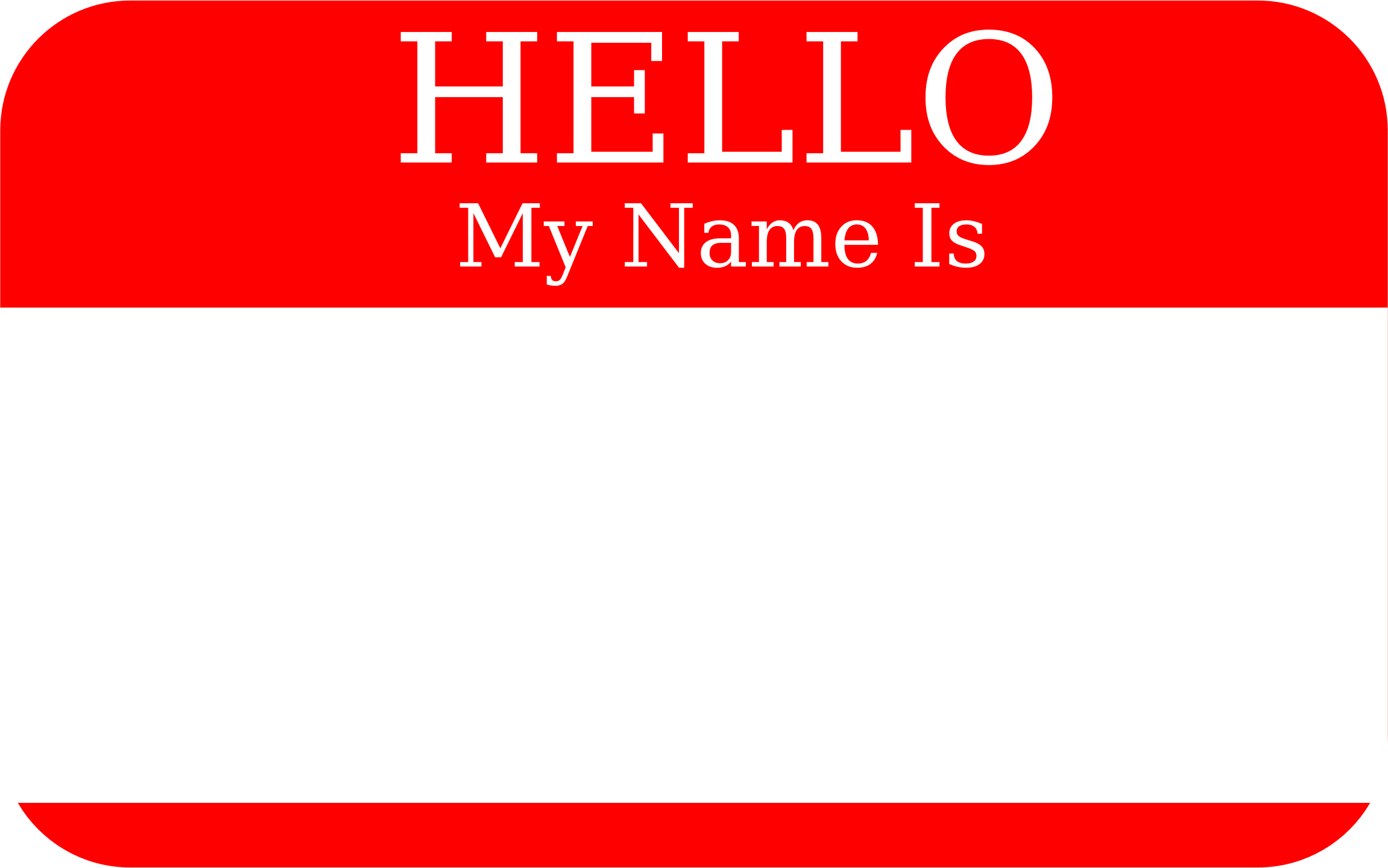Just a bit of a rant this time: It has come to my attention that a student at my high school qualified for all-eastern orchestra. He is an amazing cellist, probably one of the best that has ever gone through that school district. You would think that the school would send him to represent our music program, but no, they didn’t. The school didn’t want to “waste” the money on sending him and a teacher to the music festival. Others even offered to chip in to let him go, because this is an amazing achievement not only for the student, but for the school district. The music students are outraged at this, because they are already under-appreciated and under-represented. The student himself was not too upset by this, but he still wondered why the school wouldn’t allow him to go, especially when it would make the district look good.
Honestly it irks me to see a personal friend of mine being denied the chance of a lifetime. It upsets me to see that there are schools that care so little about their music programs. It’s annoying to see that my high school orchestra can no longer sell tickets; we are only able to take donations. It’s terrible to see students that are truly talented being hindered by their own school, where kids are encouraged to be themselves and express themselves in a way that they love.
Why is it that music is not appreciated in some areas? My high school has some of the best musicians in Northeastern Pennsylvania, but they are rarely recognized as much as the sports teams. My school has one of the top 10 cellists in Pennsylvania but he isn’t well known outside of our hometown. Over half of the PMEA district orchestra in 2017 was from Abington Heights, and we were barely recognized.
I guess that no matter what, sports will always trump music and art. Such a shame.





